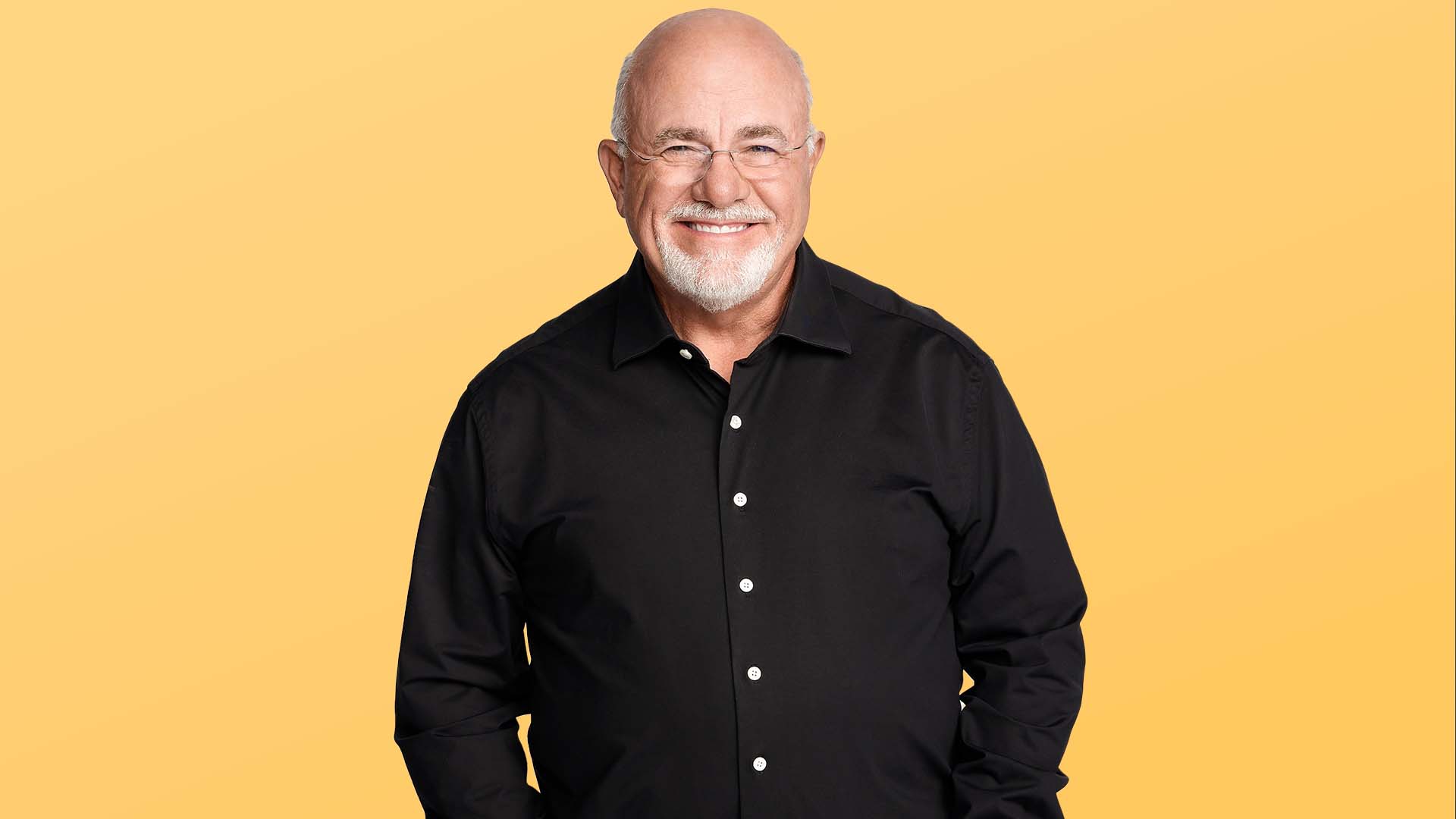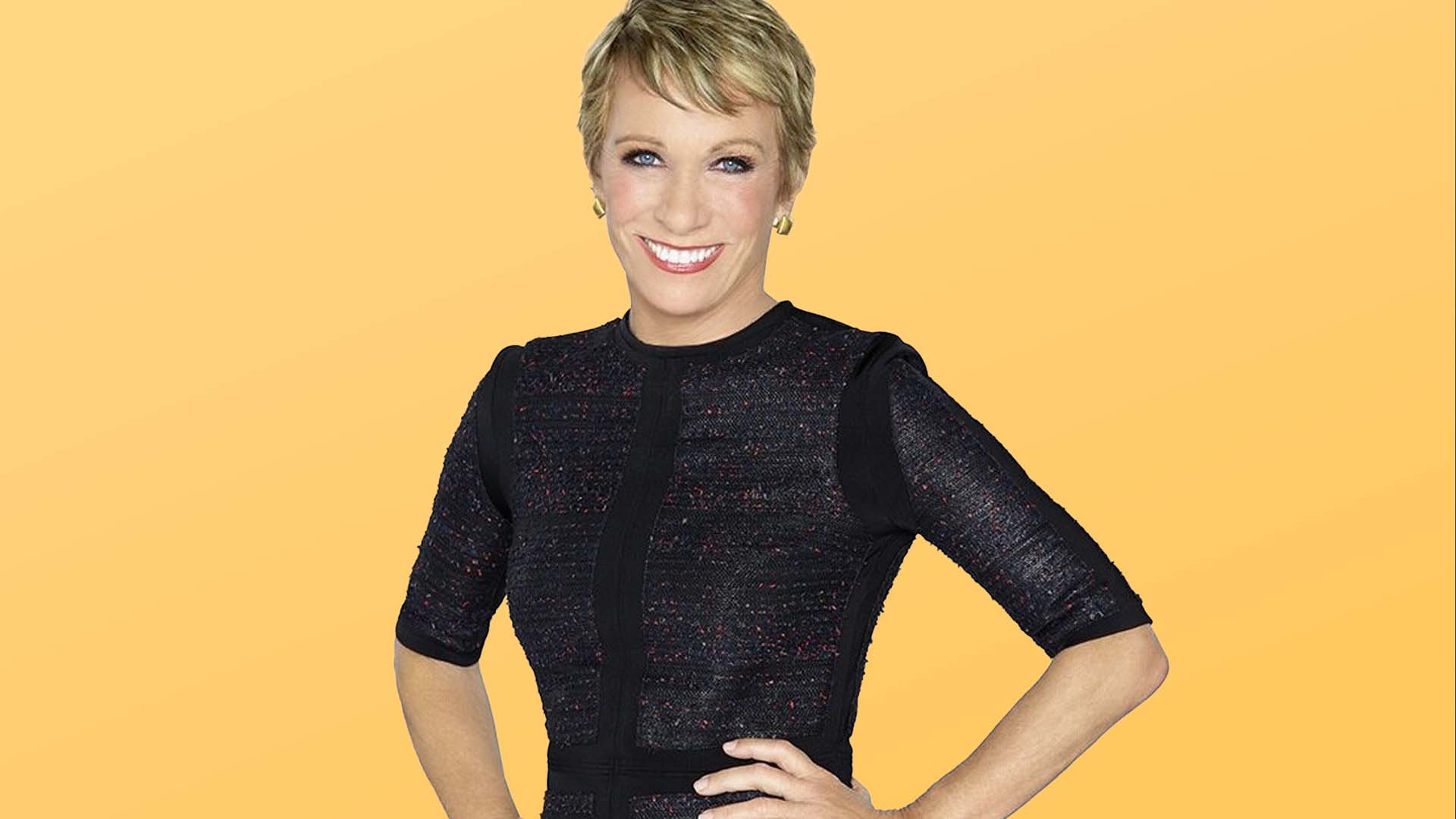3 Investing Myths That Could Be Costing You Thousands in 2025

Commitment to Our Readers
GOBankingRates' editorial team is committed to bringing you unbiased reviews and information. We use data-driven methodologies to evaluate financial products and services - our reviews and ratings are not influenced by advertisers. You can read more about our editorial guidelines and our products and services review methodology.

20 Years
Helping You Live Richer

Reviewed
by Experts

Trusted by
Millions of Readers
When you were a kid, you probably spent time around a bonfire telling tall tales and myths. You may be an adult now, but you still hear the occasional myth — though these days it’s more likely around the watercooler than a campfire. Maybe you heard that putting money in the market is gambling, or that you must be a seasoned professional to be successful. Now, instead of being afraid of the man with a hook for a hand, you worry that investing carries too much risk.
Though believing kiddie stories was mostly harmless, buying into myths about investing can cost you a lot of money. Eric Pan, a personal finance expert, investor, and the voice behind Ericnomics, has heard these myths — and he wants you to stop believing them. GOBankingRates went myth-busting with Pan as part of our Top 100 Money Experts series, and he shared what he’d like investors to know instead.
Myth No. 1: Investing Is Just Gambling
If putting money into the market feels like throwing dice at the toughest table in Las Vegas, let Pan set you at ease. He says this common myth is rooted in people’s fear of the unknown and natural risk aversion.
Of course, getting bad advice from someone who isn’t exactly knowledgeable about the market — or who only chases the hottest trends — can make an investor feel like they’ve been cheated.
“Some people also feel that way because they tried ‘investing’ but lost money, but in fact, they just bought some stock that they heard [about] from their barber,” Pan said. “If they follow that route, then yes, it’s gambling. But true investing is not gambling.”
Smart investing requires informed decision-making and discipline — not impulsive trades based on hype or a lack of understanding of what you’re investing in. Simple frameworks, diversification and a long-term plan distinguish investing from gambling.
Myth No. 2: Investing Is Too Risky To Be Safe
You’ve probably heard a story about someone who lost a lot of money in the stock market — a news feature or a cautionary tale from your cousin’s best friend’s older brother — and concluded that investing is just too risky. Pan pushes back by pointing to history: following core investing principles and staying disciplined improves your odds of success.
“Yes, investing involves risk, but it doesn’t have to be reckless,” he said. “The longer you remain invested, the lower your chance of loss. In fact, every rolling 20-year period since 1936 has delivered a positive total return in the S&P 500. That means no one who held a diversified S&P 500 investment for 20 years has ever lost money.”
The way he sees it, the real risk isn’t investing — it’s failing to build the savings and growth needed for financial freedom.
Myth No. 3: Only Professionals Can Succeed
When you picture a successful investor, you might imagine a Wall Street type in an expensive suit and an even more expensive finance degree who’s built their career in investing. Since that isn’t you, you figure there’s no way you can find your own success in the market.
Pan wants you to drop that thinking. If you’re willing to learn and ask the right questions, there’s no reason you can’t become a savvy investor.
“On Wall Street, no investment happens without running through a framework — whether it’s fundamental, technical, or comparative analysis,” he said. “Everyday investors should adopt the same discipline, but it doesn’t have to be complicated.”
He recommends asking yourself a few essential questions before any buy: “Do I understand this business? Is it fairly valued? How does it fit into my portfolio?” Pan says these three questions can help you think more like a professional and avoid emotional decisions.
Bottom Line
A few persistent myths — that investing is gambling, that it’s too risky, or that it’s reserved for professionals — keep many people from putting their money to work.
Time to bust these myths. Eric Pan says the antidote is simple: Make informed decisions, use discipline, diversify, and adopt a long-term mindset. You don’t have to be an expert to invest well. You just need curiosity, consistency and a plan.
This article is part of GOBankingRates’ Top 100 Money Experts series, where we spotlight expert answers to the biggest financial questions Americans are asking. Have a question of your own? Share it on our hub — and you’ll be entered for a chance to win $500.
This article is for informational purposes only and does not constitute financial advice. Investing involves risk, including the possible loss of principal. Always consider your individual circumstances and consult with a qualified financial advisor before making investment decisions.
 Written by
Written by  Edited by
Edited by  Money Expert
Money Expert 











































































































